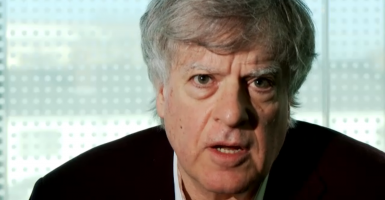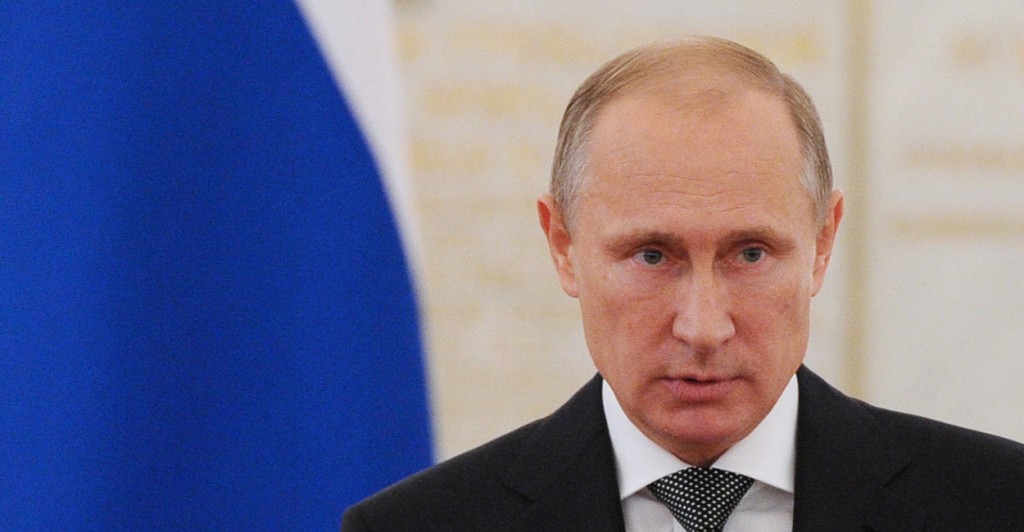Russian authorities never threatened American journalist David Satter.
For years, the Moscow correspondent for the London Financial Times and the Wall Street Journal wrote with impunity, regularly filing stories that would have cost his Russian colleagues dearly if they had written them.
But last year, Satter’s luck ran out. On Christmas morning, following the instructions of the Russian Foreign Ministry, the journalist entered the Russian embassy in Kiev to renew his visa. There, a young foreign service officer read him this prepared statement:
“The competent organs have decided that your presence on the territory of the Russian Federation is not desirable. You are banned from entering Russia.”
Without warning or explanation, Satter had been kicked out of the country, becoming the first correspondent to be expelled since the fall of communism in 1991.
From the rule of Mikhail Gorbachev to that of Vladimir Putin, Satter chronicled the transition of the old Soviet Union into the new Russian Federation. Eager to cultivate the appearance of transparency, Russian authorities trumpeted his presence “as an example of just how tolerant they were.”
But everything changed with the revolution in Ukraine, Satter said.
Satter told The Daily Signal that he interprets his expulsion as an attempt to silence criticism from the outside world and keep the truth from the Russian people. He said Ukrainian unrest triggered an internal shift in the Russian regime, bringing those to power who were eager to hide “the true meaning of what happened” across the border in Ukraine.
“The popular anti-criminal revolution [in Ukraine] sets a horrible precedent from the view of Russia’s criminal leaders,” he said.
Satter said he was identified as a threat by those “advocating a tighter grip on information,” and summarily kicked out of the country. He called his expulsion a historical “harbinger, a kind of sign that something had really changed.”
The period of relative transparency in Russia is over, he said. Now the regime is attempting to distract Russians’ “attention by doing what they always do—starting a war.”
At the moment, Satter said, Putin’s gamble appears to be paying off. He enjoys stratospheric approval ratings, and Russians have rallied around the war effort. But it won’t last, he said.
“Despite the chauvinism of the moment,” the Russian people harbor “widespread discontent at the lawlessness and corruption [in Russia] just as there was in Ukraine,” he said.
A journalist turned professor who considers himself a lifelong student of Russia, Satter also had sharp words for the conduct of the Obama administration as it relates to Russia.
He said the Russian Reset policy reflected the “crass political motivations” and “lack of principle” of those in the State Department, “who should have been qualified to tell the president that you’re completely misinterpreting Russia.”
Today, Russia teeters on the edge of barbarism, Satter said, and his expulsion demonstrates the instability.
“A civilized country should not fear the truth,” he said. “In my case they made it clear that indeed they do.”































